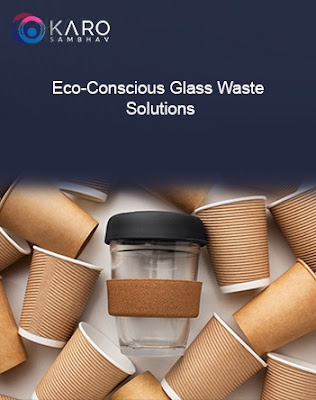Electronic Waste Day Highlights “Invisible” E-Waste

While most people are aware of electronic waste and e-waste management, not everyone is well-versed with invisible e-waste. As we move forward, we are witnessing a tremendous climb in the usage of electronic waste, and the Electronic Waste Day is a constant reminder of this growing issue of invisible e-waste. The Electronic Waste Day throws light on the overlooked issue of invisible electronic waste. As can be perceived from the name, invisible e-waste can be defined as waste that generally goes unnoticed due to its display or nature. Items like power tools, smoke detectors, e-cigarettes, e-toys, cables, USB sticks, wearable health devices are some of the items that fall under this category. Introducing Invisible E-Waste Global awareness-building about the growing problem of e-waste and its frequently disregarded components is the goal of Electronic Waste Day. Electrical equipment that has reached the end of its useful life but has not been recycled or disposed of...





